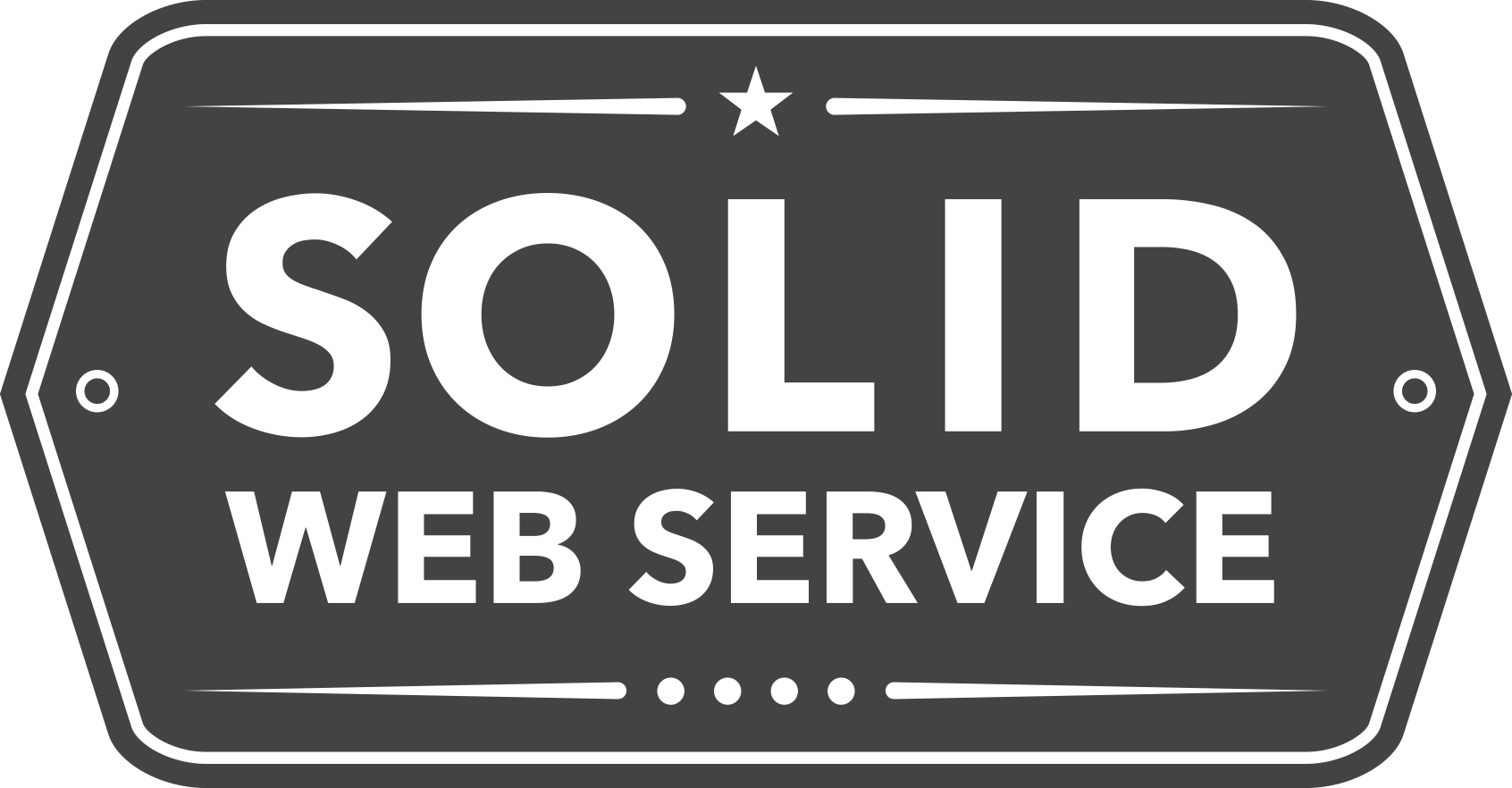The Secret Language of Search Engines
Believe it or not, the search engines want to understand your website. They want to provide accurate search results. In fact, the number one challenge for search engines is to accurately define and present the information found on every page of every website on the internet. To meet this herculean task, search engines have to figure out what your content really means.Over the years I've found that like the movie "Field of Dreams", most people think if you build a website, business will come. People believe the search engines will magically push qualified buyers through their doors. Unfortunately, that’s just not the case. Search Engines are massive card catalogs that work constantly trying to categorize data. They then make a very educated guess and present the information based on what they conclude the content means.The number one challenge for search engines is to accurately define and present the information found on every page of every website on the internet.

The good news is, a business owner can tell the search engines how and where to present information about their business, products and services. They just have to speak their language. To make the translations a bit easier, the major search engines have collaborated to create the schema.org vocabulary, a structured format that uniformly, and effectively tells the search engines the meaning of a page’s content. Schema.org defines itself as "a collaborative, community activity with a mission to create, maintain, and promote schemas for structured data on the Internet, on web pages, in email messages, and beyond. Over 10 million sites use Schema.org to markup their web pages and email messages. Many applications from Google, Microsoft, Pinterest, Yandex and others already use these vocabularies to power rich, extensible experiences." Effective business website design provides clear instructions for the search engines. For example, if you search for “crawfish” the search engines have to guess what you want. Are you looking for a biological description, a market that sells live mudbugs, a recipe, or an adorable cat vs crawfish video?Search Engines are massive card catalogs that work constantly trying to categorize data.
If you’ve got a brick and mortar business, behind the scenes, you should tell search engines:Effective business website design provides clear instructions for the search engines.
- What kind of local business you are
- Your hours of operation
- A map to your location
- What kind of products and services you sell
There are no short cuts or tricks to fool the search engines. In an earlier post we discussed how the old "Get Ranked Quick" SEO offers are modern snake oil. But If you’ve got questions about how to improve your website, local search performance and online marketing, schedule an appointment with SOLID. We’ll be happy to answer your questions in language you can understand.Only a little over 1/3 of Google’s search results were from sites with properly structured content.
Contact SOLID Today!
Now that you know what an SSL certificate is and how to spot one, you can make sure your web browsing and website are protected from the most common threats.
Have questions or are interested in securing your website? Contact SOLID for a free evaluation of your site and your online business strategy.
Let’s Talk About It!
SSL CERTIFICATE
SSL CERTIFICATE
SSL CERTIFICATE
SSL CERTIFICATE
